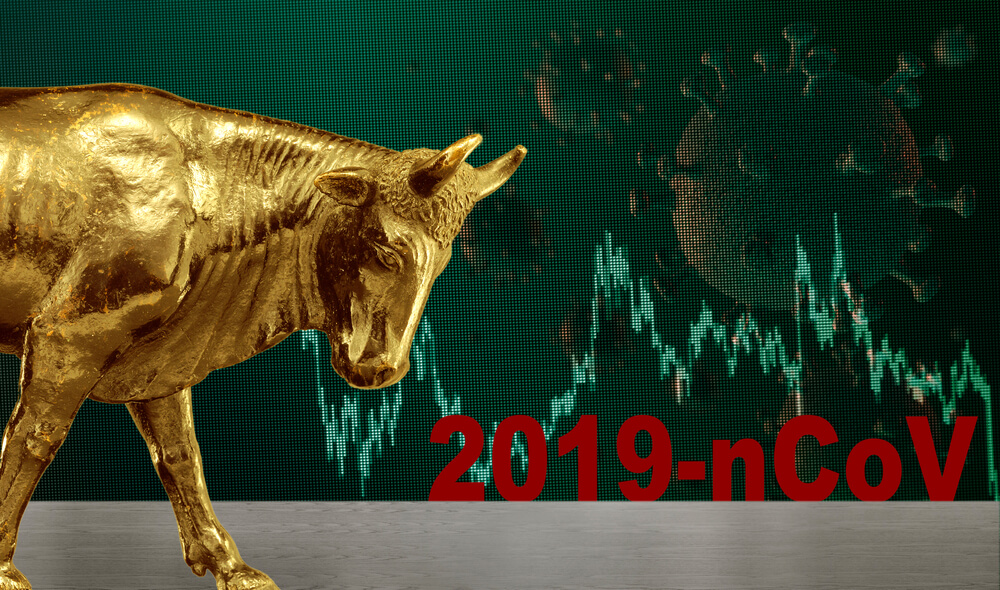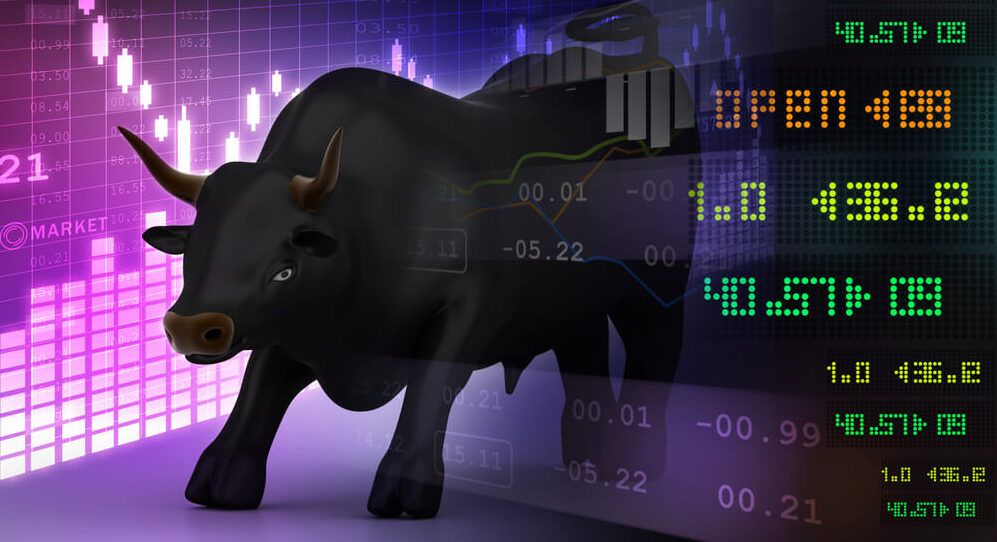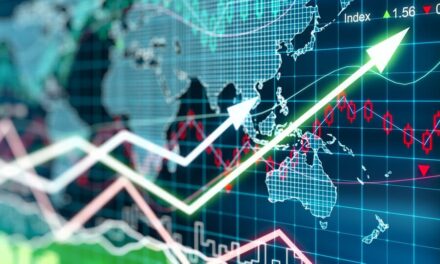When it comes to investing, you may be tempted to follow the “Big Money” moves.
And why not? Hedge fund managers make big bucks to find the best ways to invest billions of dollars. A savvy investor may find success in executing these strategies on a smaller scale.
Now, you have to be careful. Following the Big Money blindly isn’t a recipe for automatic success.
But we can glean valuable information out of what large money managers are doing in financial markets today.
Barron’s magazine just published a manager survey gauging the outlook for the market, the economy and just about everything else under the sun. It’s great insight into what the Big Money is thinking.
But we should always take these surveys with a grain of salt.
Just because a manager says they are investing a certain way doesn’t mean they actually are. In a game of poker, you don’t show the other players your cards. It’s also possible that a manager was investing the way they described at the time of the survey but have since changed their mind. Wall Street is a fickle place, after all.
With all of that said, polls like these can reveal contrarian opportunities.
If it looks like “everyone” is taking the same side of a trade, it’s a good indication that the window of time to place that trade is now closed. It might even make sense to bet the other way.
So, without further ado, let’s take a look at what the Big Money says.
Big Money Market Takes
Let’s start with Big Money market sentiment, according to Barron’s:
- Fully 54% are bullish on stocks over the next 12 months.
- Another 33% are neutral.
- Only 13% are bearish.
That might seem a little lopsided on the side of the bulls, but the average bull isn’t exceptionally bullish. Around half of the respondents expect stocks to return between 6% to 10% over the next decade.
That’s positive for sure, but it’s a step down from the returns enjoyed for most of the Obama and Trump years. Only 5% of respondents expect returns in the 11% to 15% range.
Here’s the most interesting part.
While an overwhelming majority of the poll takers are bullish or neutral, only 6% consider the market undervalued at current prices. Nearly half — 44% — consider it overvalued, and a full 50% consider it fairly valued.
So, Big Money believes that the market is a rip-off at current prices … yet still expects prices to rise.
That’s not as crazy as it sounds.
Stocks are expensive relative to historical norms, but they aren’t so bad compared to bonds. The 10-year Treasury note yields only 0.76%, and high-quality corporate bonds don’t yield much better.
Large money managers just shrug as investors pour into stocks for lack of anywhere else to go.
Unknown Unknowns: The Biggest Concern
Former Defense Secretary Donald Rumsfeld was on to something when he classified risks into one-of-three buckets:
- Known knowns.
- Known unknowns.
- And unknown unknowns.
You can prepare for the known risks and the known unknowns to some extent. It’s those unknown unknowns that have a way of tripping us up.
A little over 25% of the Big Money surveyed cited the ongoing pandemic as the biggest risk to the market over the next year, and about 16% cited the election.
These are known unknowns. We know the virus could take another turn for the worse and that the presidential election could go sideways. We don’t know exactly how to quantify that risk, but we know to watch them.
I’m far more concerned with those unknown unknowns.
 What — like COVID-19 — could come out of nowhere and rock the market? I don’t know, of course. But with stocks priced for perfection, it wouldn’t take much to knock them down a notch.
What — like COVID-19 — could come out of nowhere and rock the market? I don’t know, of course. But with stocks priced for perfection, it wouldn’t take much to knock them down a notch.
A solid majority of the participants said they expect to add to their stock exposure over the next year. But an even greater number expect to add to emerging-market stocks in the coming months.
This is interesting because emerging markets have been left for dead recently. The only class investors seem to care about is large-cap tech.
Maybe — just maybe — this is a chance for emerging markets to take the lead for the first time in years. If you don’t already have exposure to the sector, this is a good time to give it a look.
Exchange-traded funds (ETFs) are a great way to gain broad exposure to emerging markets without too much risk.
For a one-stop shop, consider the iShares MSCI Emerging Markets ETF (NYSE: EEM). This fund’s holdings range across more than 1,200 international companies.
If you want to roll the dice, consider the iShares MSCI Brazil ETF (NYSE: EWZ). The COVID-19 pandemic has hit Brazil harder than almost any other country, so this ETF offers one of the more compelling turnaround plays.
Money & Markets contributor Charles Sizemore specializes in income and retirement topics. Charles is a regular on The Bull & The Bear podcast. He is also a frequent guest on CNBC, Bloomberg and Fox Business.
Follow Charles on Twitter @CharlesSizemore.





